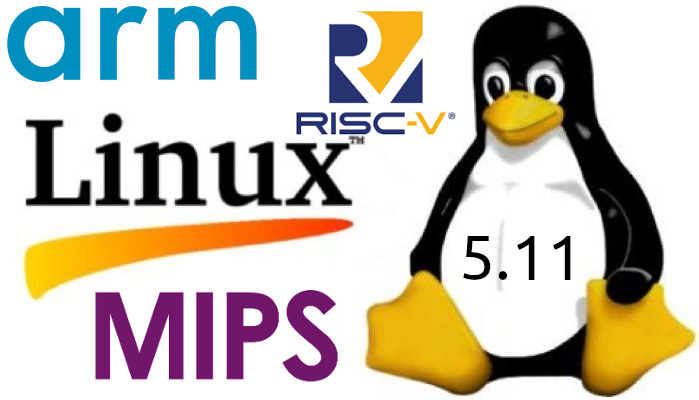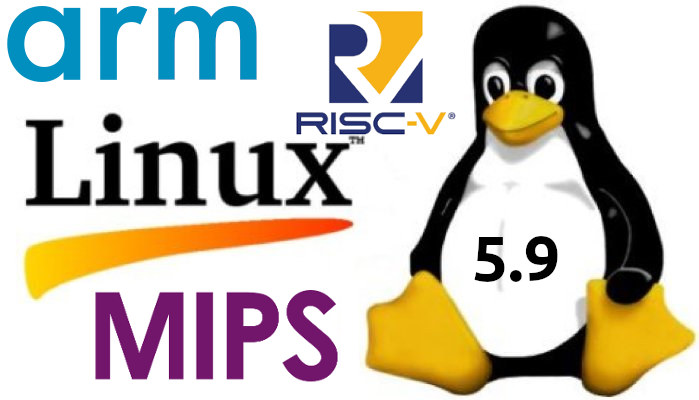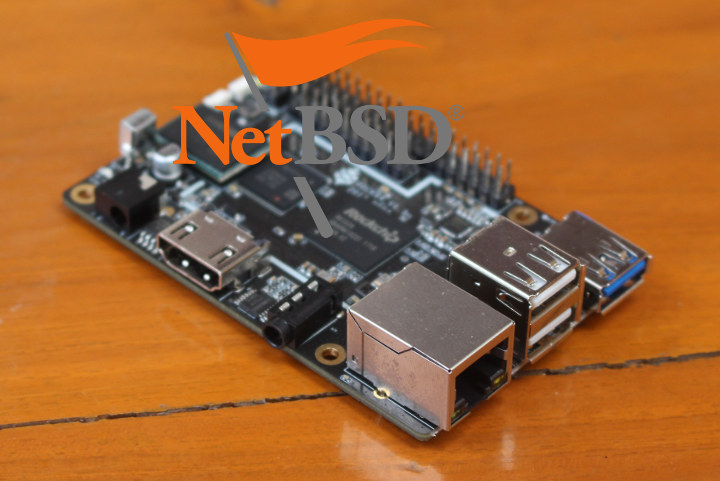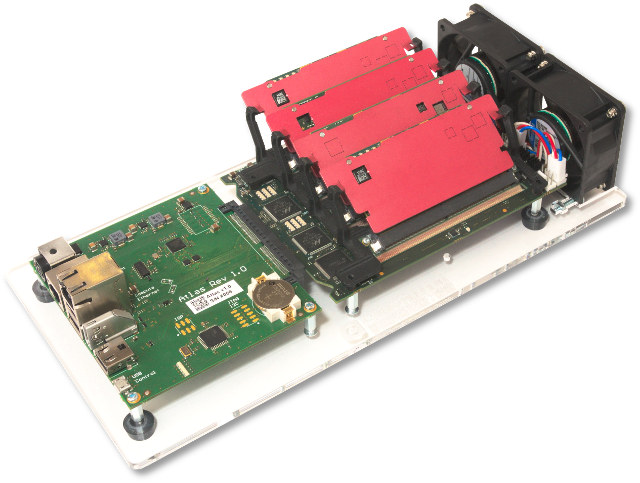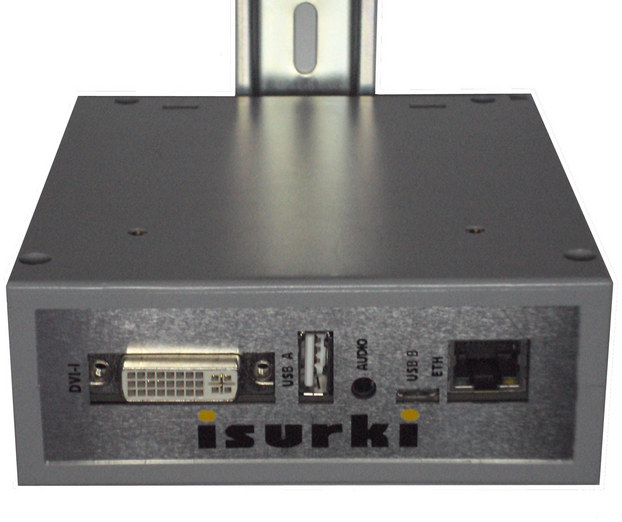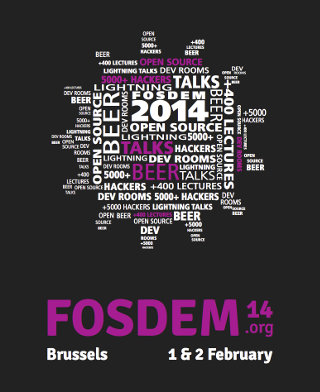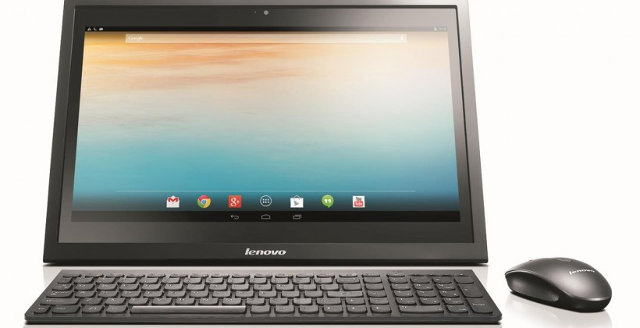Linus Torvalds has released Linux 5.11 just in time for… “Valentine’s Day”: Nothing unexpected or particularly scary happened this week, so here we are – with 5.11 tagged and pushed out. In fact, it’s a smaller-than-average set of commits from rc7 to final, which makes me happy. And I already have several pull requests lined up for tomorrow, so we’re all set for the merge window to start. But in the meantime – and yes, I know it’s Valentine’s Day here in the US – maybe give this release a good testing before you go back and play with development kernels. All right? Because I’m sure your SO will understand. Linus Last time around, Linux 5.10 was an LTS release that added EXT-4 performance enhancements, improved post-Spectre performance, as well as the enablement of BCM2711 (Raspberry Pi 4) display pipeline, among other many changes. Some of the notable changes in […]
Linux 5.9 Release – Main Changes, Arm, MIPS & RISC-V Architectures
Linus Torvalds has just announced the release of Linux 5.9 on lkml: Ok, so I’ll be honest – I had hoped for quite a bit fewer changes this last week, but at the same time there doesn’t really seem to be anything particularly scary in here. It’s just more commits and more lines changed than I would have wished for. The bulk of this is the networking fixes that I already mentioned as being pending in the rc8 release notes last weekend. In fact, about half the patch (and probably more of the number of commits) is from the networking stuff (both drivers and elsewhere). Outside of that, the most visible thing is a reinstatement of the fbdev amba-clcd driver – that’s a noticeable patch, but it’s basically just mainly a revert. The rest is really really tiny (mostly some other minor driver updates, but some filesystem and architecture fixes […]
NetBSD ARM64 Images Now Available with SMP for Raspberry Pi 3, Some NanoPi Boards, and Pine64 Boards
NetBSD on Arm started in 2014 with the release of version 7.0, and last year device tree support was implemented and tested on some Allwinner H3 boards. But apparently, so far NetBSD only supported 32-bit Arm, with initial support for 64-bit Arm (ARM64) committed last April, but good progress has been made, and NetBSD ARM64 bootable firmware images are now available with SMP (multi-core) support. Eight different NetBSD ARM64 images can be downloaded: Generic NetBSD 64-bit image for Raspberry Pi 3 and NVIDIA Tegra X1 Two images for FriendlyELEC boards namely NanoPi NEO2 and NEO Plus2 boards Five images for the following Pine64 boards and hardware platforms Pine A64/A64+ Pine A64-LTS / Sopine with baseboard Pine H64 Pinebook laptop ROCK64 (ROCK64Pro not yet supported) The supported hardware matrix shows most features are supported, but there are still a few things missing such as GPU, crypto and MIPI CSI on all […]
Christmann RECS|Box Atlas Quad Apalis Microserver Evaluation Kit Supports Four Toradex Apalis SoM
System-on-modules are normally used in low volume embedded systems, but they can also be used in microservers, for example to upgrade capacity as needed. Christmann informationstechnik + medien GmbH has developed a microserver evaluation kit taking up to 4 Toradex Apalis SoMs for example based on Nvidia Tegra K1 processor, and also offers full rack systems with up to 72 modules. Christmann RECS|Box Atlas Quad Apalis specifications: Modules – 4x Slots for Apalis SoM Connectivity – 1 GBit/s Compute Ethernet, 1 GBit/s Management Ethernet Video Output – 1x HDMI USB – 3x USB host ports, 1x micro USB port Misc – 5 Status LEDs for USB, communication, and serial console, 4x fan connectors, KWM switch, 5x temperature sensors, 6x current sensors, 1x voltage monitor, fan speed monitoring Power Supply – 12V via a 4-pin jack Dimensions – 300 x 145 x 68 mm The evaluation kit includes an Atlas board […]
Isurki IRIS Industrial Embedded Computer Takes Nvidia or NXP System-on-Modules
Isurki is a Spanish company providing electronics & IT services to hydraulic resources management companies, and one of their products is IRIS industrial embedded computer based on Toradex Iris carrier board that supports Toradex Colibri ARM system-on-modules based on either Nvidia Tegra 2/3 or NXP Vybrid VF50/VF61 processors. Main board connectors and features: Video – DVI-I LCD Interface – RGB / LVDS with 4/5 resistive touch interface Audio – Line-In, line-Out, Mic-In Storage – Micro SD Connectivity – 10/100M Ethernet USB – 1x USB host, 1x USB OTG Expansion – 24 GPIOs, 3x UART ports Misc – 1x IrDA, RTC Power Supply – 6 to 27V DC, reverse polarity and short circuit protected Then you can choose among several variations of ARM based Colibri system-on-modules: Colibri T20 Nvidia Tegra 2 dual core Cortex A9 processor with 256 to 512MB DDR3, and 512MB to 1GB flash Dual independent displays 2D/3D hardware […]
FOSDEM 2014 Schedule and A Selection of Sessions
It’s soon time for FOSDEM 2014, a 2-day event where thousands members of the open source communities meet, share ideas and collaborate. Like the other years, it’s free to attend, and there’s no registration, and this year, FOSDEM 2014 will take place on February 1-2 in Brussels. There are 8 main tracks: Tracing and debugging Memory and storage IPv6 Mail Mathematics Hardware Miscellaneous Security FOSDEM 2013 had 7 tracks, but most topics changed with only Security and Miscellaneous tracks featured in the 2014 edition. There will also be four keynotes and devrooms for a total of 464 sessions (vs. 488 last year). Developers rooms that may particularly be of interest to readers of this blog are: Energy-efficient computing devroom – e.g. energy scavenging, battery life improvements, power measurements in embedded systems, open source power measurement tools and low power devices, etc… Internet of things devroom – 6LoPWAN, LTE in Linux, […]
Lenovo Introduces Nvidia Tegra based All-in-One Android Computers
Lenovo has unveiled two new Android computers just before CES 2014: N308 and ThinkVision 28, respectively powered by Nvidia Tegra 3 with a 19.5″ display and Tegra 4 with a 28″ UHD display. Lenovo N308 Lenovo N308 specifications: SoC – Nvidia Tegra 3 quad core Cortex A9 processor System Memory – 2GB RAM Storage – 8/16 GB SSD or 320/500 GB HDD, and 6-in-1 card reader Display – 19.5″ display (touch screen ??), 1600×900 resolution Connectivity – Wi-Fi and Bluetooth Webcam – Front camera for 720p video conference USB – 2x USB 2.0 ports Audio – Built-in stereo speakers, microphone, and headphone port Battery – Up to 3 hours of usage Lenovo computer cones with a keyboard and mouse, and runs Android 4.2.2 Jelly Bean. With a 19.45″ display, it’s not really portable, so the integrated battery is probably there to allow you to move it from one room to […]
Top 10 Posts of 2013 and Stats on CNXSoft Blog
This is the last day of the year, and just like in 2012, I’ll look back on the main trends of this year, post a list of the top 10 posts of 2013 on cnx-software.com, and add some fun stats about the site and my visitors. 2013 has been the year of quad core media players and mini PCs, especially those based on Rockchip RK3188, XBMC is now featured in many Android STBs, “big.LITTLE” and “Octa-core” have been the buzz words on the application processor front, Google has entered the HDMI TV sticks market with the ChromeCast, and is competing with Miracast / DLNA TV dongles, we’ve gotten more and more low cost Linux development boards, crowdfunding has almost gone mainstream, and the Internet of things has started to take off thanks to new technologies such as Bluetooth Low Energy. I’ve compiled the list using data from Google Analytics, filtered […]


